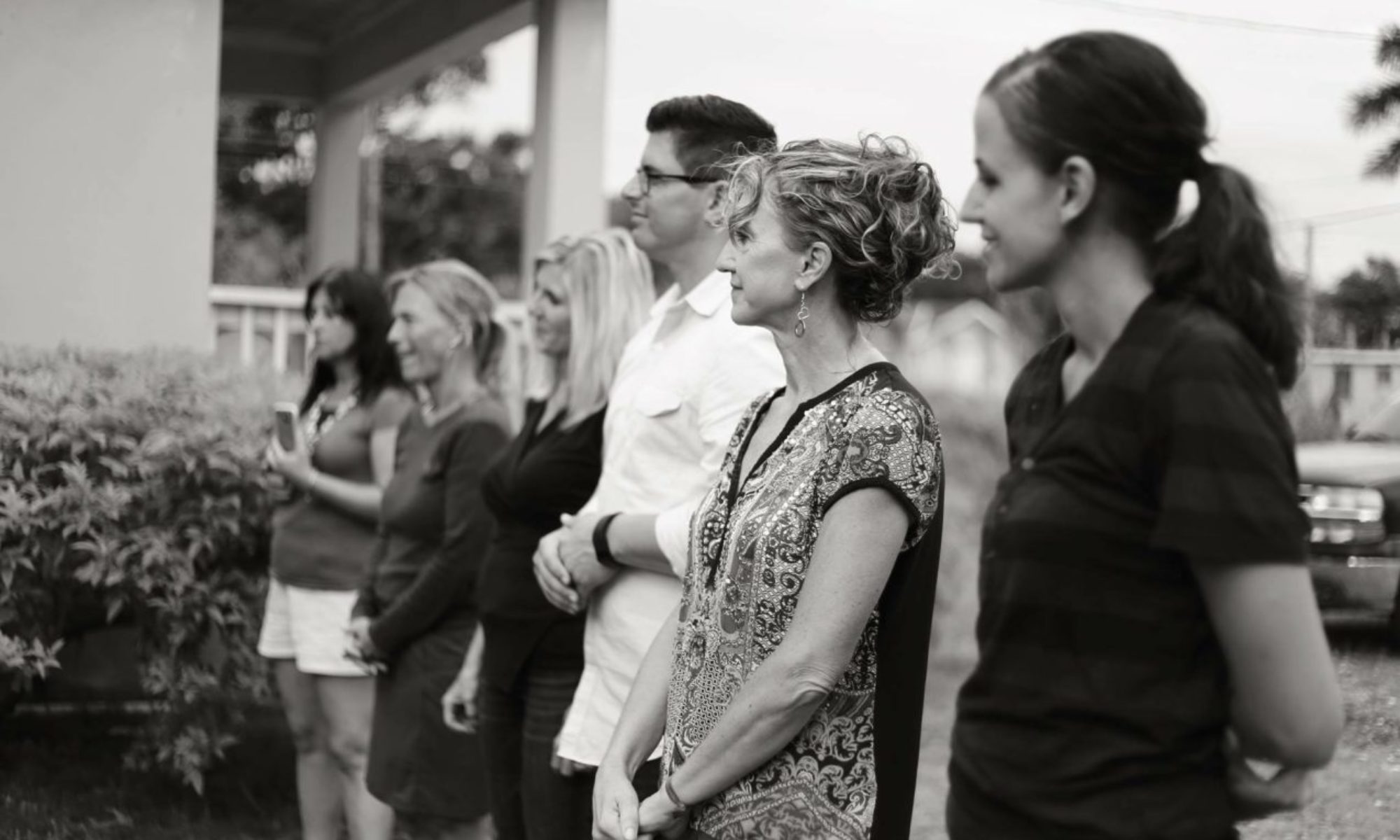A cold winter evening in a small town is the backdrop for a story that resonates with the power of giving. Sarah, a young mother, stood at the grocery store checkout, her arms laden with essentials for her family. The total was more than she expected, and she found herself fumbling for her wallet, realizing it was a bit lighter than she anticipated. Behind her, an elderly woman noticed the situation and quietly stepped forward, paying for Sarah’s groceries without a second thought. “Don’t worry about it,” the woman said with a warm smile, leaving Sarah with a profound sense of gratitude.
This simple act of kindness, though small in monetary terms, rippled out far beyond the grocery store. For Sarah, it wasn’t just the groceries that mattered—it was the reminder that kindness exists even in the toughest of times. She later paid it forward by volunteering at a local food pantry, helping others in need. This story illustrates the profound impact of charitable giving—not just for the receiver but for the giver as well.
Charitable giving doesn’t always have to come in the form of money; it can be time, goods, or services. But regardless of how it’s given, there are numerous benefits that make it an essential practice in any community.
- Building Stronger Communities: When individuals contribute to a cause, whether through financial support or volunteering, they help create a more cohesive and supportive environment. For instance, organizations like Habitat for Humanity not only provide housing but also strengthen bonds between volunteers, home recipients, and the larger community.
- Enhancing Mental Health: Giving can have powerful emotional benefits. Research shows that acts of kindness can boost happiness, reduce stress, and even improve overall well-being. One study by the National Institutes of Health found that giving activates the brain’s reward system, making us feel good both emotionally and physically. Just the act of helping someone else can create a sense of purpose and satisfaction.
- Encouraging a Culture of Generosity: When individuals give, they set an example for others to follow. Children who grow up seeing their parents give back are more likely to become generous adults themselves. Charity fosters empathy and compassion, and when these values are passed down, communities become more resilient in the face of challenges.
- Tax Benefits: Beyond the emotional and social advantages, charitable giving can provide tangible benefits, such as tax deductions. Donations to qualifying organizations are often tax-deductible, reducing an individual’s taxable income. This is a practical reason that encourages more people to contribute.
- Personal Growth and Fulfillment: Finally, charitable giving can be a pathway to personal growth. Whether it’s through volunteering, donating money, or offering expertise, giving allows people to step outside themselves and develop new skills, broaden their perspectives, and gain a sense of accomplishment.
In the end, charitable giving is a two-way street. Not only do recipients benefit from the generosity of others, but givers also experience a sense of purpose, connection, and fulfillment that enriches their lives in countless ways.





